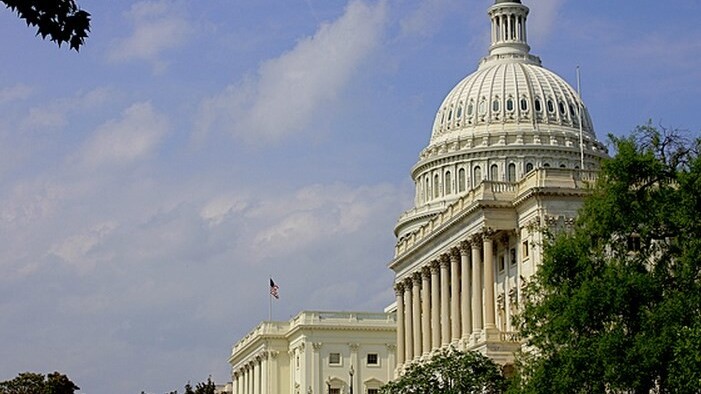
Proponents of the Cyber Intelligence Sharing and Protection Act, better known as CISPA, are not having a good day: Both the ACLU and Obama administration have publicly denounced the bill’s recent minor reformation in the House.
Yesterday, CISPA passed committee in the lower chamber of the US Congress, and is expected to be voted on – and likely passed – next week. The bill, sans recent amendments, passed the House the previous Congress. It was ignored by the Senate, and all but killed by the White House by the issuance of a veto threat.
As quoted in the Los Angeles Times, a National Security Council spokesperson gave the bill a firm thumbs-down [Formatting, bolding: TNW]:
We continue to believe that information sharing improvements are essential to effective legislation, but they must include privacy and civil liberties protections, reinforce the roles of civilian and intelligence agencies, and include targeted liability protections. We believe the adopted committee amendments reflect a good-faith effort to incorporate some of the Administration’s important substantive concerns, but we do not believe these changes have addressed some outstanding fundamental priorities.
Right, then. You’ll note that the above doesn’t include a veto threat. That said, it’s a stern pronouncement.
The American Civil Liberties Union, an often controversial group, released a statement this morning to similar effect. Claiming that it still opposed CISPA, here’s the group [Formatting, bolding: TNW]:
The changes to the bill don’t address the major privacy problems we have been raising about CISPA for almost a year and a half. CISPA still permits companies to share sensitive and personal customer information with the government and allows the National Security Agency to collect the internet records of everyday Americans. The bill continues to do so even though the NSA maintains it does not want nor need that power and cybersecurity experts tell lawmakers that sharing personal information will not protect critical infrastructure from intrusion and attack.
What might happen next? The fate of CISPA in the Senate is likely much the same as before: nothing.
The President has issued an executive order, and the Senate may take another crack at the issue. However, getting the three relevant parties on the issue to agree on anything of real substance appears to be as far off as before.
For a short primer on CISPA itself, head here.
Top Image Credit: Zoe Rudisill
Get the TNW newsletter
Get the most important tech news in your inbox each week.





